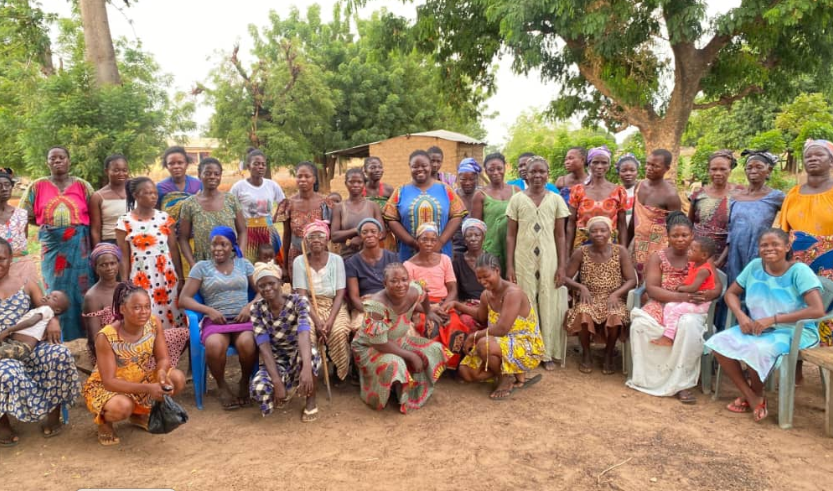Tamale, Aug 09, GNA – The Centre for Opportunities and Rural Development (CORD-Ghana), an NGO, is spearheading a grassroots campaign to bring visibility and recognition to unpaid care work through its “Unpaid but not Unvalued (UbU)” initiative.
The UbU initiative is a community-led advocacy intervention seeking to highlight the rights and needs of unpaid caregivers, especially women, whose contributions to families and communities often go unrecognized and unsupported.
Region, the UbU initiative also covers the communities of Nadowli Kaleo, Meguo, Zupiri, and Mantari in the Upper West Region, and Lala in the Oti Region.
Madam Esther Nyamekye Opoku, Programmes Director at CORD Ghana, who spoke to the Ghana News Agency on the initiative, said it was engaging men and women using culturally relevant tools such as community drama and a specially designed board game to provoke reflection and dialogue on gender roles and unpaid care responsibilities.
Currently being implemented at Kulinkpegu in the Mion District and Sheshegu in the Tolon District of the Northern She explained that “Through the drama, we engage community members, both men and women, on gender roles. We then reverse these roles as defined by society, and during the experience-sharing sessions, we identify areas where more attention and support are needed in unpaid care work.” She said the board game component of the initiative employed the Learn, Educate, and Act Now (LEAN) approach where players were encouraged to act out scenarios involving caregiving responsibilities.
She said “Actions that promote shared responsibility earn rewards while those that reinforce harmful gender stereotypes result in penalties.
Madam Opoku said “These interactive tools have proven effective in stimulating open discussions challenging traditional norms and helping both men and women to appreciate the value and burden of unpaid care work.”
She said the initiative was not only changing perceptions but also laying the groundwork for policy advocacy aimed at integrating unpaid care work into local development planning.
She said such efforts directly aligned with Sustainable Development Goals (5), which called for achieving gender equality and empowering all women and girls.
She said, “When communities value caregiving roles and promote shared responsibilities, it opens up opportunities for women and girls to access education, pursue careers, and participate fully in decision-making.”
Madam Opoku said the piloting of the games in the beneficiary communities had generated positive feedback anddeepened understanding of how unpaid care work impacted household and community wellbeing.
Unpaid care work, which includes domestic chores, childcare, and caring for the sick and elderly, disproportionately
falls on women and girls limiting their access to education, economic opportunities, and participation in public life.
Source: GNA


